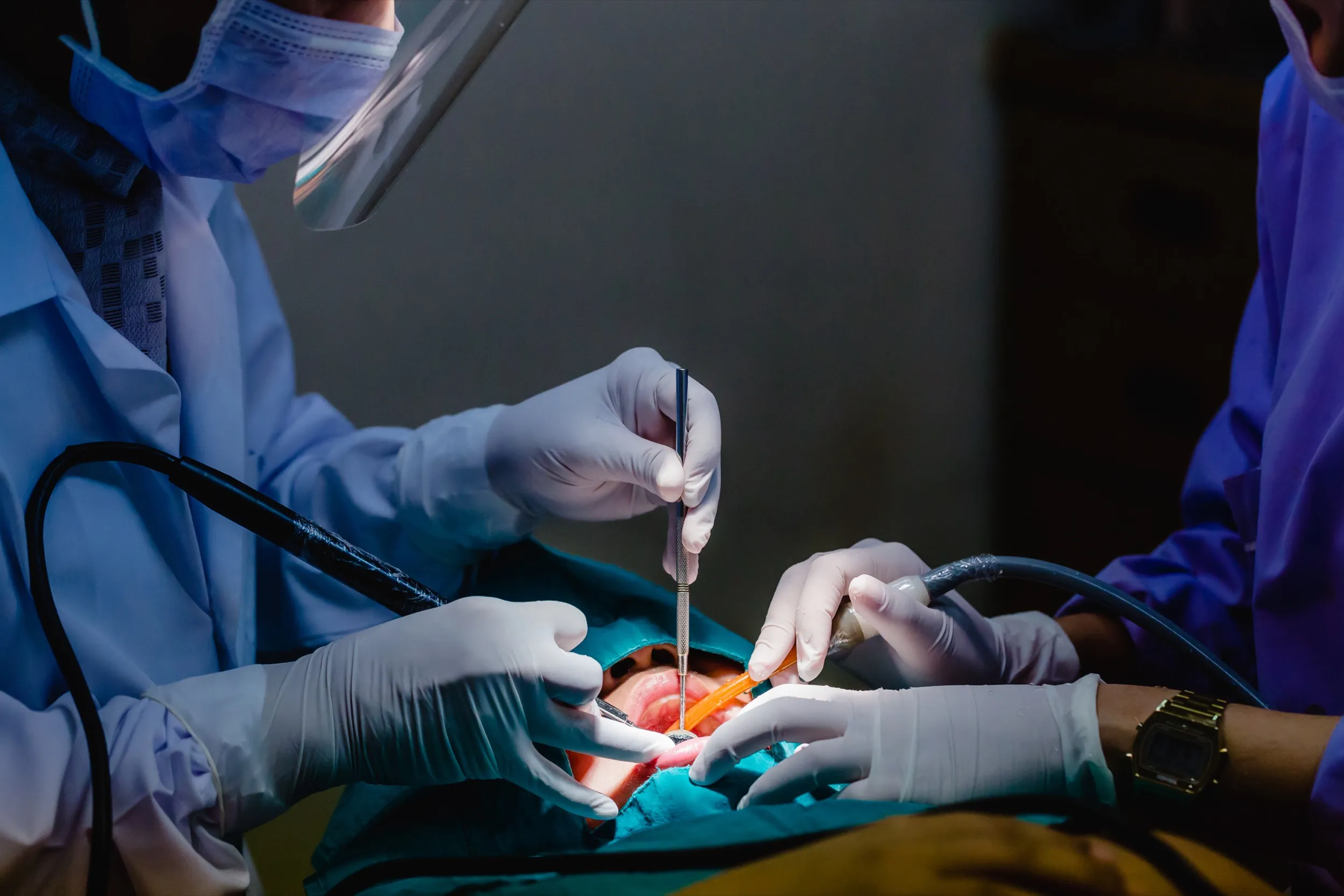Oral surgery plays a key role in addressing various dental health issues that standard dental care cannot resolve. While preventive care and regular dental treatments can handle most oral health concerns, some situations require surgical intervention. Here are some of the fundamental reasons why patients may need oral surgery:
Impacted Teeth
When a tooth is unable to erupt through the gum line fully, it becomes impacted and can lead to significant complications. Wisdom teeth, in particular, are often impacted due to limited space in the jaw. It may cause crowding, pain, or infection. It also exerts pressure on adjacent teeth, leading to further dental complications.
Other teeth, such as canines, can also become impacted, potentially requiring a surgical extraction. Oral surgeons perform these extractions to prevent or alleviate the associated pain, swelling, and infection. Addressing impacted teeth through oral surgery is fundamental in maintaining oral health and preventing future complications.
Traumatic Facial Injuries
Accidents and injuries can result in damage to the jaw, facial bones, or teeth. This often necessitates dental surgery. Jaw fractures or dislocations may require surgical intervention to realign the bones and restore function. Oral surgery can address severe lacerations within the oral cavity and facial area.
Knocked-out teeth, also known as avulsed teeth, are another aspect of traumatic injuries that oral surgeons address. Stabilization and repositioning procedures are often required in these cases, enabling proper healing and function. Oral surgeons bring precision and expertise to treating facial trauma, facilitating both recovery and improved long-term outcomes.
Oral Lesions and Infections
Certain oral lesions, including potentially cancerous or benign growths, may require surgical evaluation and treatment. When a lesion is identified in the soft tissues of the mouth, a biopsy is often performed to determine its nature. Suspicious growths or persistent ulcers may need surgical removal as a precautionary measure, even if initial tests show no signs of malignancy.
Oral infections, particularly those originating from broken or severely decayed teeth, are another primary reason for oral surgery. An abscessed tooth, for instance, can result in swelling, pain, and potential complications if left untreated. Surgical extraction or drainage is often required to eliminate the infection and restore dental health.
Missing Teeth and Jaw Issues
Missing teeth is often addressed through dental implants, a key application of oral surgery. Implants involve surgically placing a titanium post into the jawbone to serve as an artificial tooth root, offering a durable and natural-looking solution. This procedure not only improves aesthetics but also enhances chewing and speaking abilities.
Jaw conditions, such as misalignment, may also require surgical attention. Jaw surgery can address issues like an overbite, underbite, or crossbite, which may impact chewing function and facial appearance. Some patients may require bone grafting before implant placement to build up the jawbone and promote better stability. By addressing these oral health challenges, oral surgeons help create stronger, healthier smiles and improve overall well-being.
Book Your Oral Surgery Appointment Today
Oral surgery is a key solution for addressing various dental health concerns, including impacted teeth, traumatic injuries, oral infections, and missing teeth. By seeking expert care, patients can protect their oral health and prevent potential complications. Book your appointment to consult with a qualified oral surgeon and explore treatment options.








Leave a Reply